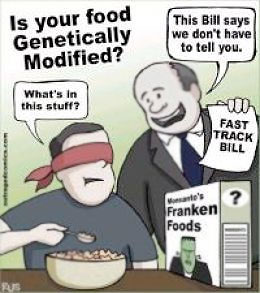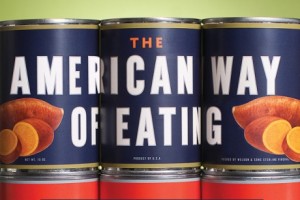 In spite of that disappointing reality, approval of the ballot would have brought to the fore a public discussion in a country dying of its own obesity and caloric emptiness. We are what we eat, and we should consider our own physical well being a value beyond calculation in dollars. Prop 37 lost because its opponents (spending $44 million, compared to $8 million) had the support of the rural counties where so much of our food is grown. They convinced those communities that Prop 37 would cut into their profits, and for most folks those profits are already slim. So those concerns are real for people, even if not for Monsanto, who donated $8 million themselves and would certainly not be harmed by a dip in profits.
In spite of that disappointing reality, approval of the ballot would have brought to the fore a public discussion in a country dying of its own obesity and caloric emptiness. We are what we eat, and we should consider our own physical well being a value beyond calculation in dollars. Prop 37 lost because its opponents (spending $44 million, compared to $8 million) had the support of the rural counties where so much of our food is grown. They convinced those communities that Prop 37 would cut into their profits, and for most folks those profits are already slim. So those concerns are real for people, even if not for Monsanto, who donated $8 million themselves and would certainly not be harmed by a dip in profits.
And maybe 37 really would have cut into those profits. Interviews with Industrial Agriculture companies indicate that those companies would switch to non-GM, and thus likely more expensive, ingredients rather than risk the market share loss anticipated from labeling. Continue reading

